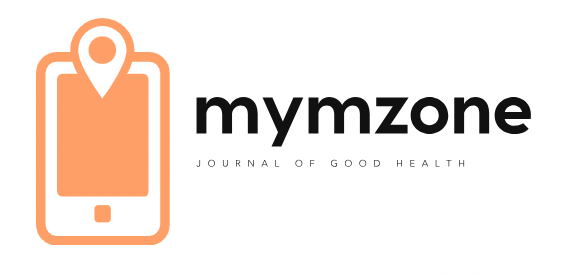Oil and natural gas are two important industries in the energy market. Being the key fuel sources of the world, they play an influential role in the global economy. Due to its high degree of importance, this industry magnetizes several well-educated professionals like Paul Favret. Paul, in fact, is long-time energy, oil, and gas sector professional, and hence has a good understanding of the industry. The systems and processes involved in oil and gas production and distribution are pretty complex, require state-of-the-art technology and tend to be capital-intensive.
A lot of oil and gas companies across the globe are planning to reinvent themselves by committing to climate change, putting emphasis on financial health, transforming business models and practicing capital discipline, while moving ahead in 2022. A lot of strategic changes are expected among oil and gas companies across the world, especially in regard to meeting the ongoing need for affordable and reliable energy. After all, even with population growth and industry challenges, the world still needs dependable energy.
The oil and gas industry has been under quite a pressure over the recent years. When the fuel prices were high, it used to be looked upon as a villain. The threats of climate change also contributed to reinforcing this image. While de-carbonizing is the plans of many governments, doing so can take time and cost trillions. Renewable penetration and electric vehicle adoption have increased in certain parts of the world, but even today the impact on gas and oil demand remains imperceptible. Growing economies and populations would invariably demand energy they can afford. Unless fossil fuels are displaced at scale, gas and oil demand shall continue to grow at scale. This presents an opportunity to many companies to create scale and earn better returns if they are willing to engineer their business for success. Integration makes a more valuable collection of assets by competently connecting them, and removing or avoiding obstacles in order to optimize operation. Energy value chains are quite complex, and at each link, one may find leakages if their buyers and sellers take time and lose opportunities of finding each other. A number of industries struggle with identifying which parts of the value chain do belong together, as well as which are the ones that are best left separated. Oil and gas companies are no exception. Information has proven to be among the key obstacle to integration traditionally. However, the digital age has created a varied range of dynamic opportunities
Many oil and gas companies view environmental, social and governance or ESG excellence as a competitive advantage. Hence, they may invest in these practices more proactively, and create value based on those business strategies. Even digitalization is taking on a whole new lens around ESG. To know more about the oil and gas industry, especially the latest practices associated with it, one can always consult industry experts like Paul Favret.



